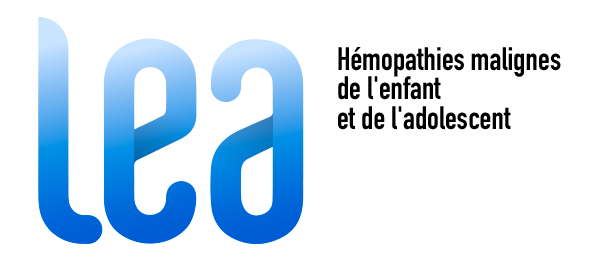Julie Berbis, Gérard Michel, André Baruchel, Yves Bertrand, Pascal Chastagner, François Demeocq, Justyna Kanold, Guy Leverger, Dominique Plantaz, Marilyne Poirée, Jean-Louis Stephan and Pascal Auquier.
Int J Epidemiol. 2015 Feb;44(1):49-57.
https://pubmed.ncbi.nlm.nih.gov/24639445/
The main aim of the Leucémies de l’Enfant et l’Adolescent (LEA) project (Childhood and Adolescent Leukaemia) is to study the determinants (medical, socioeconomic, behavioural and environmental) of medium- and long-term outcomes of patients treated for childhood acute leukaemia (AL).
The LEA study began in 2004 and is based on a French multicentric prospective cohort. Included are children treated for AL since January 1980 (incident and prevalent cases), surviving at month 24 for myeloblastic AL and lymphoblastic AL grafted in first complete remission or at month 48 for lymphoblastic AL not grafted in first complete remission. Information is collected during specific medical visits and notably includes the following data: socioeconomic data, AL history, physical late effects (such as fertility, cardiac function and metabolic syndrome) and quality of life.
Data are collected every 2 years until the patient is 20 years old and has had a 10-year follow-up duration from diagnosis or last relapse. Thereafter, assessments are planned every 4 years. In active centres in 2013, eligible patients number more than 3000. The cohort has already included 2385 survivors, with rate of exhaustiveness of almost 80%. Data access can be requested from principal coordinators and must be approved by the steering committee.

